- Services
- Sectors
- Our Company
- News & Resources
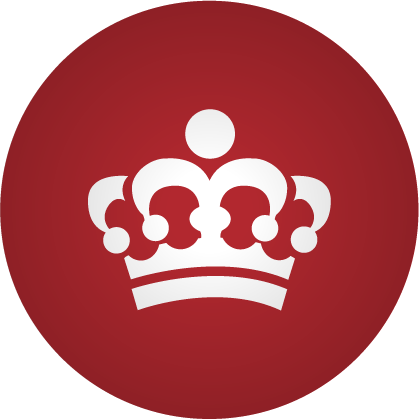

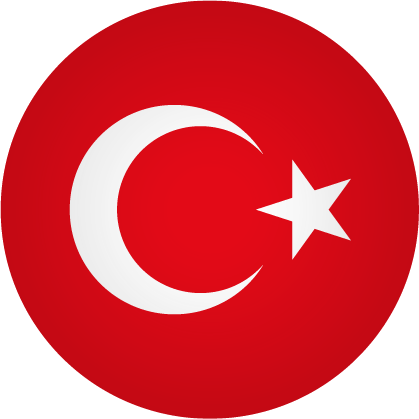

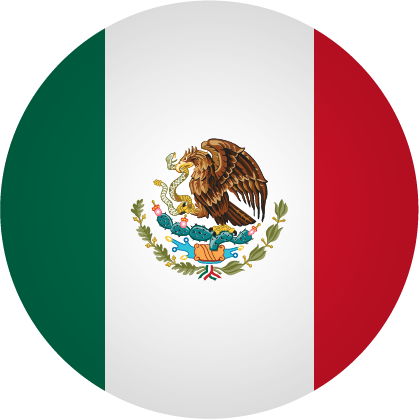
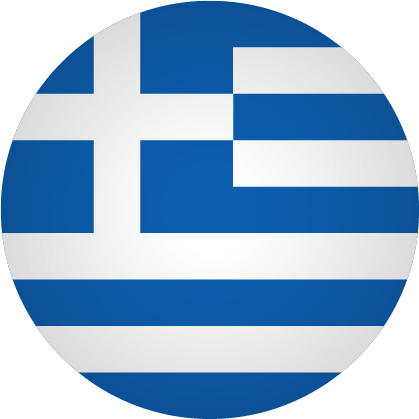

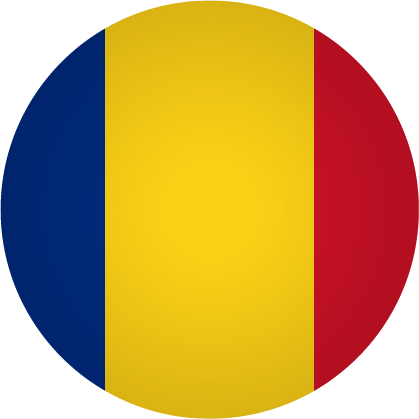

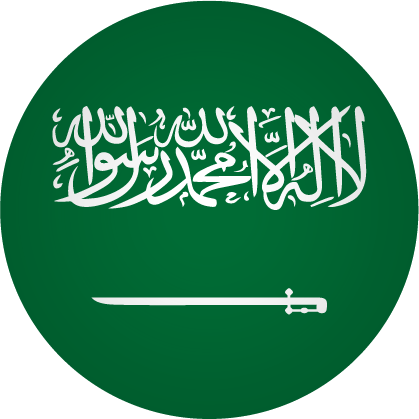

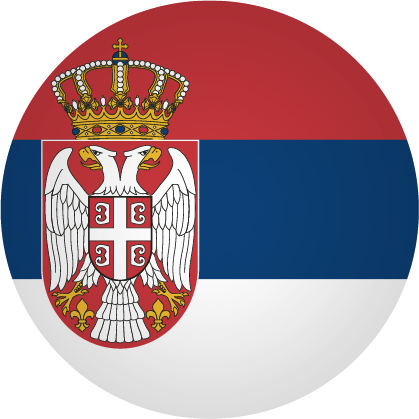
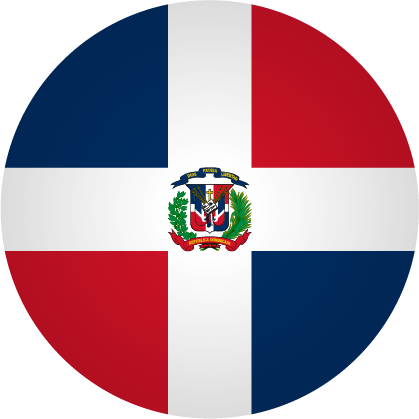
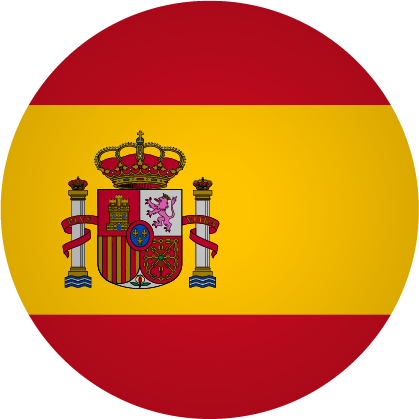
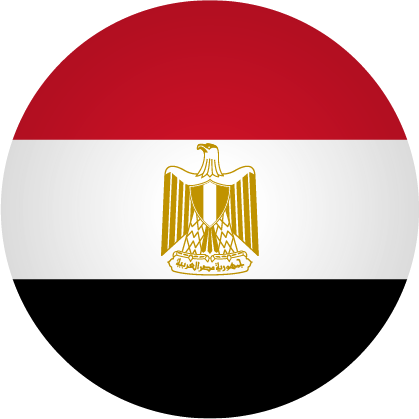
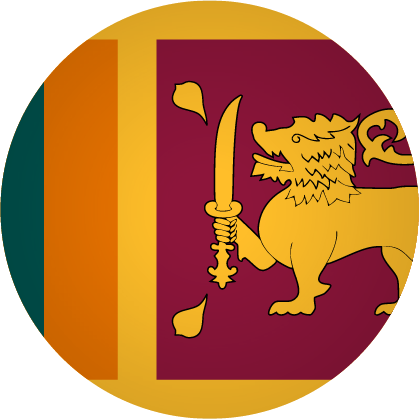
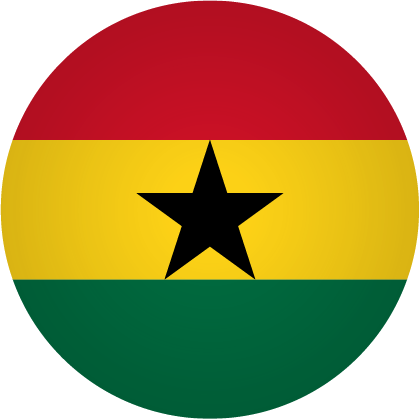
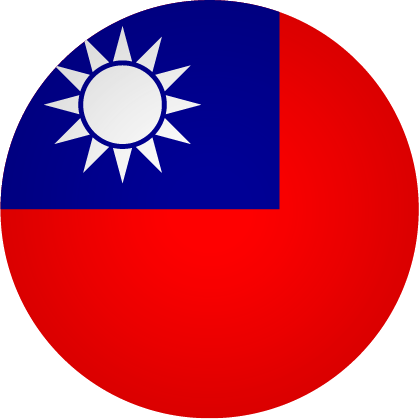

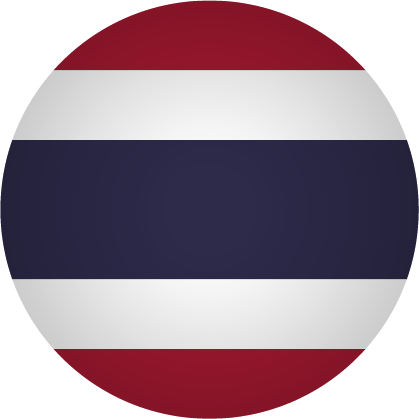

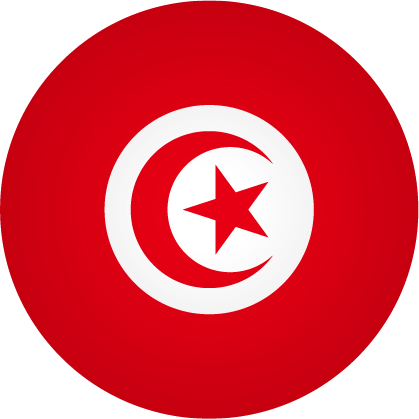
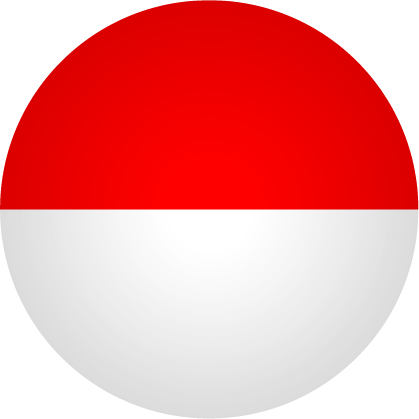
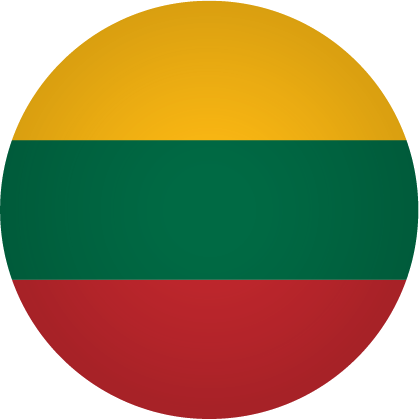
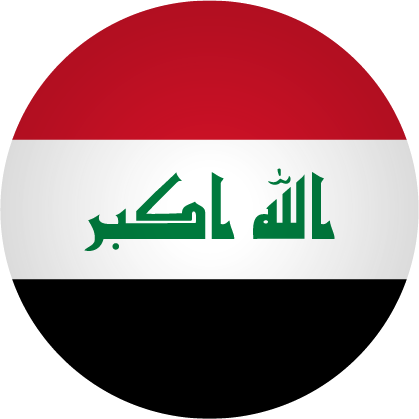
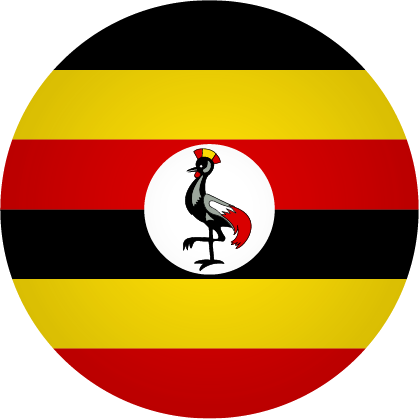
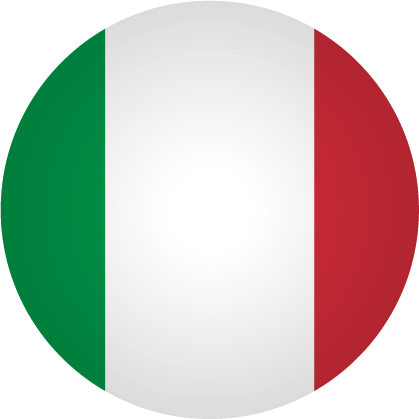

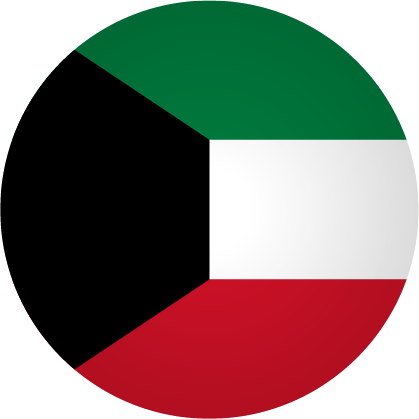
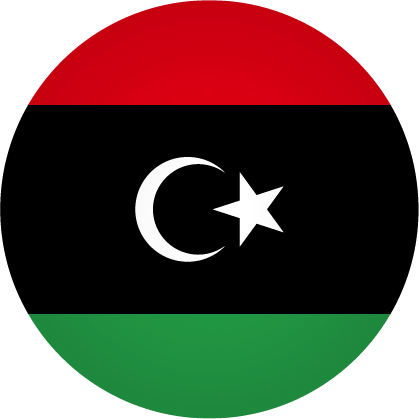
We deliver internationally accredited certification services designed to strengthen your organization’s performance, compliance, and sustainability. From quality and environmental management to food safety, information security, energy efficiency, and occupational health & safety, our certification solutions help you meet global standards, improve operational reliability, and build lasting trust with your stakeholders.
Enhance your energy performance
with ISO 50001 certified management systems.
Ensure food safety and quality
with globally trusted ISO 22000 standards.
Create safer workplaces
with ISO 45001 occupational health
and safety systems.
Protect sensitive data through
ISO 27001 information security management.
Accreditation is defined by ISO/IEC 17011:2004 as a formal third-party attestation of a conformity assessment body, of its competence to conduct specific conformity assessment tasks. The earliest accreditation programmes were often applied to the purchases made by the armed forces or other large government procurement agencies. Some large private corporations also operated their own systems for approval of suppliers to test products prior to shipping.
Accreditation bodies build their operating policies and procedures to meet the requirements specified in the international standard ISO/IEC 17011: “Conformity assessment – General requirements for accreditation bodies accrediting conformity assessment bodies” In addition to these requirements a number of documents issued by IAF and ILAC contain mandatory provisions for policies and procedures, as well as guidance for accreditation bodies to apply in the delivery of their accreditation services. Accreditation bodies, as applicable, if those bodies are to obtain international recognition from IAF and/or ILAC, must implement the mandatory provisions.
The term Multilateral Recognition Arrangements (MLAs) in this context refers to mechanisms whereby a user or acceptance authority in one country can have sufficient confidence in the validity of test/inspection reports and certificates issued by Conformity Assessment Bodies (CAB) in foreign countries; and, to accept them without having to make individual re-evaluations of the competence of those CABs. Historically the first decisions to establish these types of arrangements were in response to a domestic need to save time and resources on unnecessary duplication. Arrangements were entered into after assessing the risk and with perhaps some evaluation of the operations of the foreign body.

The central role that the concept of making available plays in Union harmonisation legislation is related to the fact that all economic operators in the supply-chain have traceability obligations and need to have an active role in ensuring that only compliant products circulate on the Union market.
The traceability requirements allow tracing the history of the product and support market surveillance. It allows market surveillance authorities to find the liable economic operators and obtain evidence of the product compliance. The traceability requirements include labelling the product and identifying the economic operators in the distribution chain.
Selecting the right organization to carry out your certification can be fraught with unknowns. Choosing a certification body that has been accredited by an accreditation body that is a signatory to the IAF Multilateral Recognition Arrangement (MLA) has proved that it complies with best practice. It is competent to deliver a consistently reliable and impartial service which meets the appropriate, internationally-recognized standard.

When selecting an organization to certify your management system, there are a number of factors to consider:






























